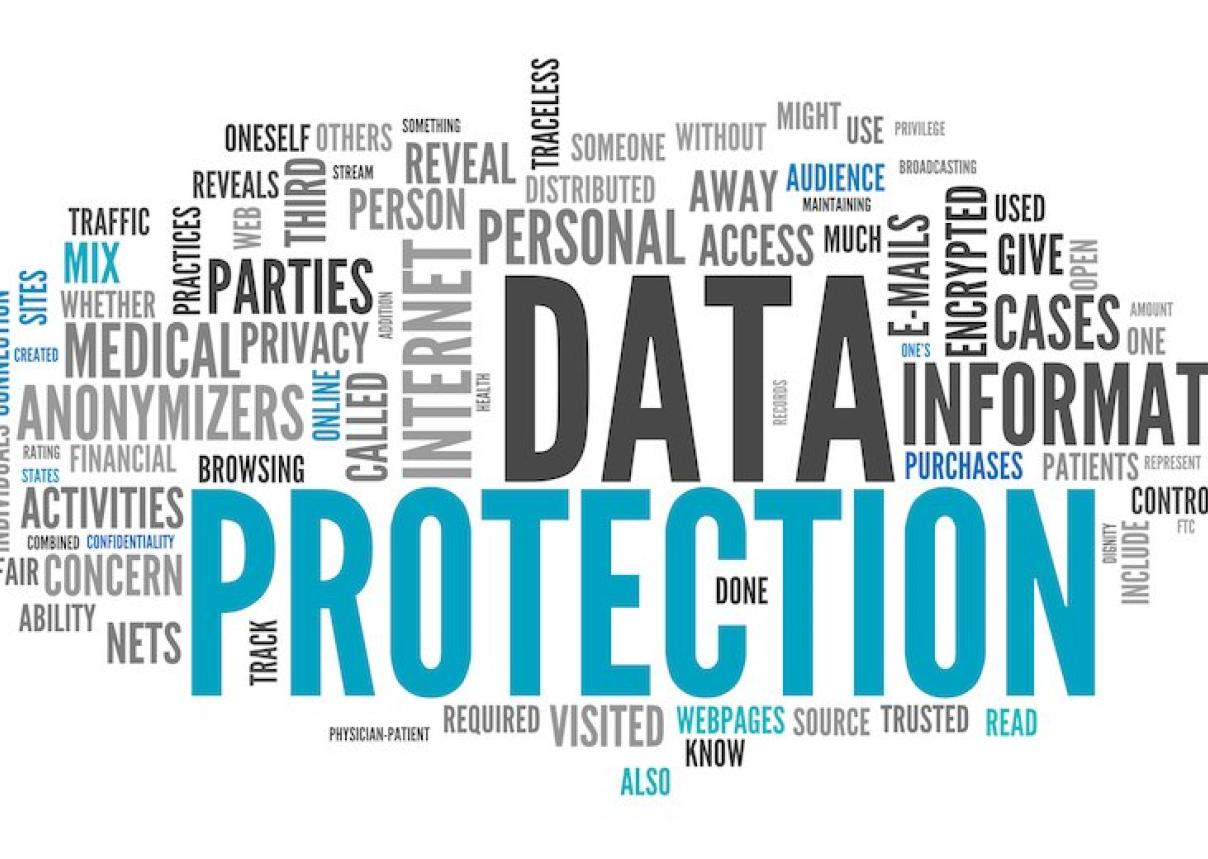
One of the ways the African School on Internet Governance (AfriSIG) equips leading African scholars and activists from diverse sectors, backgrounds and ages to participate in local and international internet governance structures is through a hands-on practicum. This practical exercise is intended to give AfriSIG fellows the chance to participate in multistakeholder decision-making, using available methods and processes in a realistic environment, while discussing an issue related to internet governance. This year, the practicum is focused on the topic of the General Data Protection Regulation (GDPR).
So, what is GDPR and what does it mean for Africa? How can the African Union address this issue? These were the main questions that fellows tackled on Day 3, with the plan to produce specific policy recommendations and outcomes by the end of Day 4.
Implemented on 25 May 2018, GDPR is a regulation in EU law that provides new ways for people to protect their personal data, privacy and other human rights. It applies to all individuals within the European Union and European Economic Area. By regulating how businesses, governments and other organisations collect, process and store personal data, and by mandating disclosure of information about these practices, GDPR is designed to give citizens greater control over their own data.
Continue reading on the AfriSIG website.